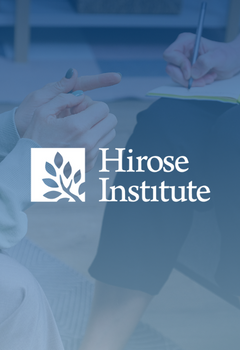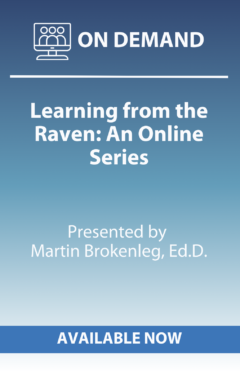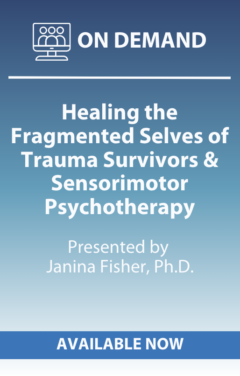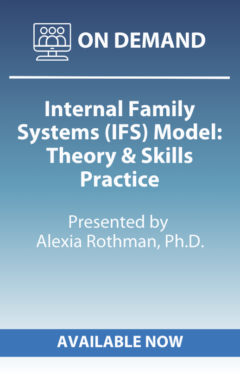Description
This workshop is on-demand, content will be available immediately after purchase.
Footage and all course content (certificate, videos, quiz) will be available until May 5, 2025. Extensions cannot be granted under any circumstances.
Registration will close on May 1, 2025.
Addictions is a disease of the brain, addictions is a response to using psychoactive drugs, addictions is progressive mistaken usage in response to environmental cues. Each of these phrases describes one of the many theories on addictions and each of these theories dictates a different method of treatment. So, how do mental health professionals navigate this complex field to provide the most ethical and effective treatment for clients? This workshop will explore a holistic and integrated model of addictions, incorporating findings from neuroscience, psychology, and existentialism, thus allowing participants to have both a guiding framework to treat addictions while incorporating a myriad of therapeutic interventions. Starting from an understanding of adolescent substance use and covering treatment throughout the lifespan, this workshop will provide practical intervention strategies for clinicians. Whether new to the field or experienced in working with addictions participants will acquire additional tools to help understand and treat substance and process addictions in both adolescents and adults.





